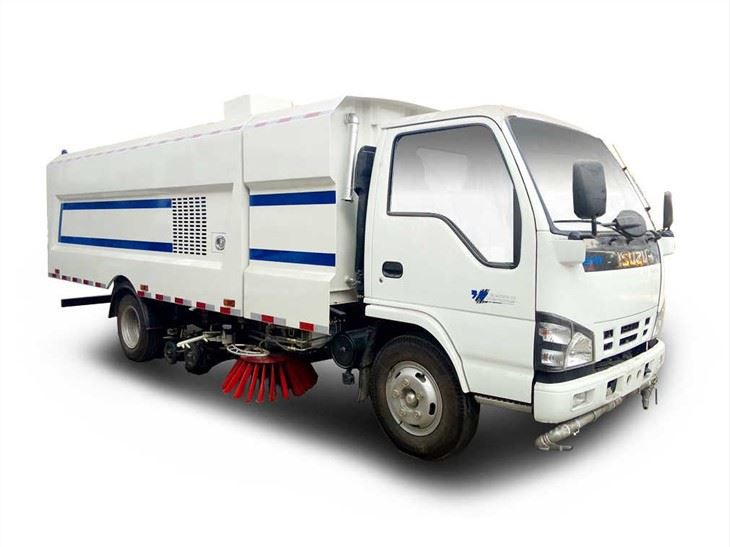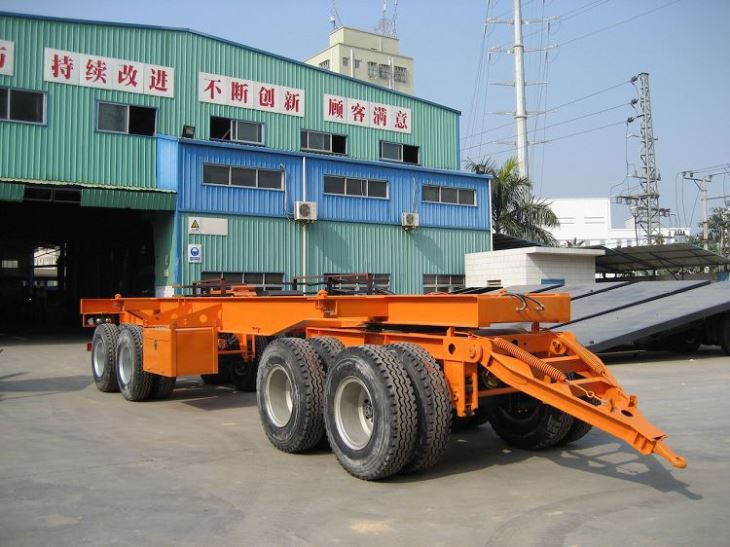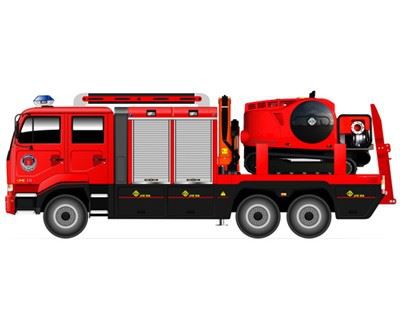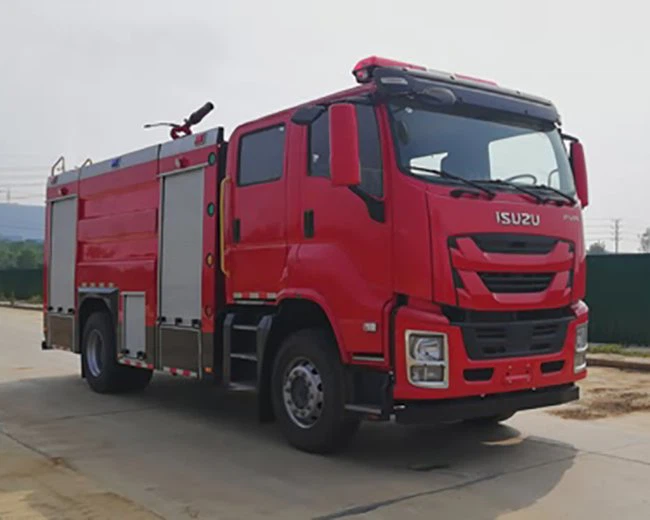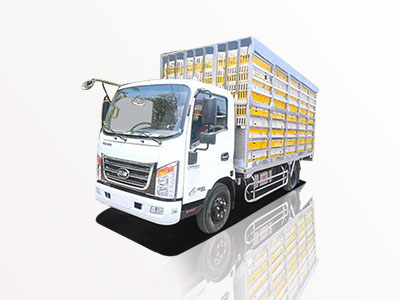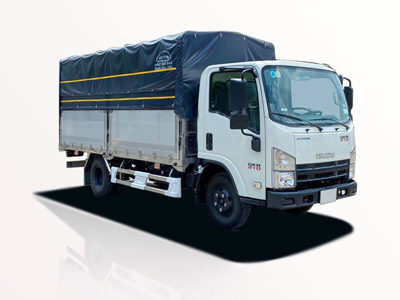Introduction
In the world of construction, transportation, agriculture, and commercial activities, efficiency and reliability are paramount. Diesel trailer tanks play an essential role in these sectors, providing a convenient solution for fuel storage and transport. Whether you’re a fleet manager, a contractor, or a farmer, understanding diesel trailer tanks can help you optimize your operations and reduce downtime. This article dives deep into everything you need to know about diesel trailer tanks, including their types, benefits, maintenance tips, and much more.
What is a Diesel Trailer Tank?
A diesel trailer tank is a mobile storage solution designed to transport and store diesel fuel. These tanks are mounted on trailers, making them easy to move to different job sites or locations where fuel is needed. They come in various sizes and configurations to cater to different requirements, from small-scale operations to large fleets.
Types of Diesel Trailer Tanks
Diesel trailer tanks come in various types, each designed for specific applications:
1. Standard Diesel Tanks
These tanks are typically used for general storage and transport of diesel fuel. They range from small 100-gallon tanks to larger tanks over 1,000 gallons.
2. Double-Wall Diesel Tanks
Double-wall tanks provide added safety and environmental protection by featuring an inner and outer wall. They are designed to prevent leaks and spills, making them suitable for sensitive areas.
3. Self-Contained Tanks
Some tanks come with built-in pumps, dispensing nozzles, and meters. These are ideal for users who need to fuel machinery or vehicles directly from the tank.
4. Portable Diesel Tanks
These smaller tanks are easy to transport and can be used for refueling purposes. They are commonly employed in roadside assistance or by contractors on smaller job sites.
Benefits of Using Diesel Trailer Tanks
Diesel trailer tanks offer numerous advantages for various users:
- Increased Efficiency: On-site fuel availability reduces downtime by ensuring that machinery and vehicles can be refueled quickly.
- Cost Savings: Purchasing fuel in bulk often leads to cost savings, especially for large operations.
- Mobility: Their trailer design allows for easy transport between multiple job sites.
- Customization: Many tanks can be customized with additional features like emergency shut-off valves and monitoring systems for better control over the fuel.
Choosing the Right Diesel Trailer Tank
When selecting a diesel trailer tank, there are several factors to consider:
1. Capacity
Determine the amount of fuel you need to store and transport. Tanks range from small 100-gallon options to those exceeding 1,500 gallons to suit different needs.
2. Material
Most diesel trailer tanks are made from either fiberglass or steel. Steel tanks are more durable and resistant to dents while fiberglass tanks are resistant to corrosion.
3. Regulations and Compliance
Ensure the tank meets local, state, and federal regulations regarding the storage and transport of diesel fuel. Compliance with environmental standards is crucial to avoid fines.
4. Features and Accessories
Consider what additional features you may need, such as built-in pumps, hose reels, and fuel filters. These can enhance the functionality of the tank and increase safety.
5. Maintenance Requirements
Check the maintenance requirements of the tank. Some tanks come with self-cleaning features, while others may require regular inspection and cleaning.
Maintenance Tips for Diesel Trailer Tanks
To keep your diesel trailer tank functioning optimally, follow these maintenance tips:
1. Regular Inspections
Conduct regular visual inspections to check for leaks, rust, or any signs of damage. Early detection can prevent larger issues down the line.
2. Clean the Tank
Periodically clean the inside of the tank to prevent sediment build-up, which can clog fuel lines and filters. This process usually involves draining the tank and using a cleaning solution.
3. Monitor Fuel Quality
Keep track of the quality of the diesel fuel being stored. Contaminated fuel can lead to engine problems. Conduct regular testing for water, algae, and other contaminants.
4. Keep Records
Maintain detailed records of fuel usage, inspections, and maintenance activities. This practice can help uphold compliance and offer insights into the tank’s performance.
Safety Considerations
Operating diesel trailer tanks comes with inherent risks, so it’s vital to prioritize safety:
1. Spill Prevention
Implement spill prevention measures, such as using secondary containment to capture leaks or spills. Consider spill kits nearby for emergency response.
2. Proper Ventilation
Ensure that the area around the tank is well-ventilated to dissipate any fumes, reducing the risk of fire or explosion.
3. Training
Provide employees with proper training on how to handle and operate diesel trailer tanks safely. This training should cover emergency procedures and best practices.
The Cost of Diesel Trailer Tanks
The cost of diesel trailer tanks can vary widely based on several factors:
1. Size and Capacity
Larger tanks typically cost more than smaller ones. A basic 100-gallon tank may cost around $1,000, while larger 1,500-gallon units can be several thousand dollars.
2. Features and Accessories
Adding features like pumps or built-in systems will increase the price. Assess which features are essential to your operations.
3. Brand and Manufacturer
Different manufacturers offer varied pricing based on their technology, warranty, and support. It’s advisable to research and choose a reputable brand.
4. Compliance and Regulations
If the tank needs to meet certain regulatory standards, this may also affect the price; compliance upgrades can add to the initial investment.
Practical Examples of Diesel Trailer Tank Use
Here are a few practical examples of how different sectors utilize diesel trailer tanks:
1. Construction Industry
Construction companies often use diesel trailer tanks to fuel heavy machinery and equipment on-site, reducing fuel transportation costs.
2. Agriculture
Farmers frequently rely on diesel trailer tanks to refuel tractors and other farm equipment, allowing them to operate efficiently even in remote locations.
3. Transportation and Logistics
Logistics companies utilize diesel trailer tanks to ensure that their delivery trucks stay fueled during long hauls, optimizing their routes and reducing stops.
Environmental Impact and Regulations
Diesel trailer tanks can have an environmental impact if not managed correctly. Understanding regulations is crucial:
1. Environmental Regulations
Many regions have strict regulations on the storage and transport of diesel fuel to prevent contamination and spills. Familiarize yourself with local laws to ensure compliance.
2. Best Practices for Environmental Safety
Employ best practices such as using spill containment systems, conducting regular tank inspections, and properly training staff to manage fuel efficiently and safely.
FAQ Section
1. What size diesel trailer tank do I need?
The size you need depends on your fuel consumption and storage requirements. For smaller operations, a 100-gallon tank might suffice, while larger businesses may need tanks of 1,000 gallons or more.
2. How do I maintain my diesel trailer tank?
Regular inspections, cleaning, monitoring fuel quality, and maintaining detailed records are crucial for effective maintenance of your diesel trailer tank.
3. Can I transport diesel fuel in my trailer tank legally?
Yes, but you must follow local regulations regarding the transportation of hazardous materials. Ensure your tank meets safety and compliance standards.
4. What should I do if my tank leaks?
If your diesel trailer tank leaks, immediately stop using it and follow your emergency response plan. Contain the spill and notify local authorities if necessary.
5. Are there special insurance requirements for diesel trailer tanks?
Yes, depending on your location and operation, you may need specialized insurance for fuel storage and transportation. Consult an insurance expert for guidance.
6. How often should I replace my diesel trailer tank?
There’s no definitive timeline for replacements; however, if you notice significant corrosion, leaks, or damage during inspections, it may be time to consider a replacement.
